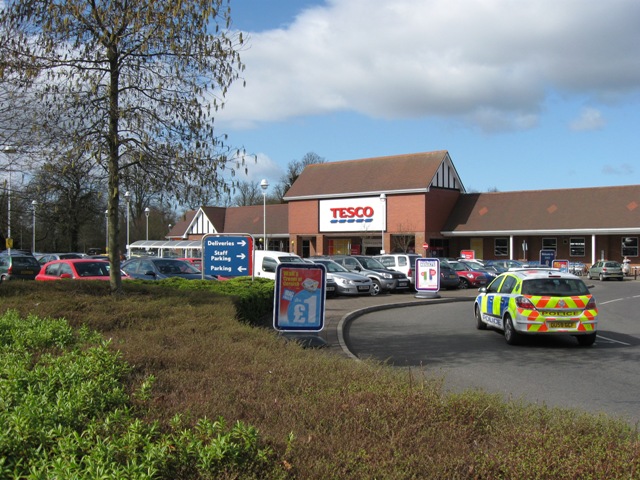
Tesco has warned that its profits may decline this year as it prepares for a possible grocery price war with other major UK supermarkets.
The British supermarket giant said it could see profits drop by as much as £400 million if it needs to lower grocery prices, following rival Asda's recent move to cut prices in a bid to regain market share. Tesco CEO Ken Murphy noted that competition in the industry has "intensified."
While a price war could ease the pressure on households struggling with the rising cost of living—especially after recent hikes in household bills—retailers themselves could face further financial strain.
“Any move to cut prices will be welcomed by consumers,” said Nick Carroll, director of retail insights at market research firm Mintel, “but it could increase the burden on supermarkets already dealing with rising operational costs.”
Tesco now expects operating profits to fall between £2.7 billion and £3 billion this year, down from the £3.2 billion projected by analysts and below last year’s earnings. Murphy said the revised forecast gives Tesco "flexibility and firepower to maintain our position in the market," emphasizing the company’s commitment to staying competitive.
Tesco also highlighted that it still sees "further opportunities to protect and strengthen our competitiveness."
Shares in several supermarket chains dropped on Thursday following the news. Tesco's stock fell by 6%, while Sainsbury's declined by 4.8%, and Marks & Spencer dipped 2.6%.
Last month, Asda’s executive chairman Allen Leighton said the company aims to be 5% to 10% cheaper than competitors going forward, as part of a strategy to attract more customers.
Lucy Rumbold, equity research analyst at Quilter Cheviot, downplayed the potential impact of Asda's price cuts on Tesco. “We don’t expect this pricing reset to significantly affect Tesco’s profitability,” she said.
However, Richard Lim, CEO of Retail Economics, suggested that a price war might be looming. “There are clear signals in the market,” he said. “Grocery retail is an extremely competitive space, and price remains a key factor in attracting shoppers.”
Tesco, like its rivals, is also grappling with rising costs driven by increases in employer National Insurance contributions and the minimum wage. The company said these changes have added £235 million to its expenses.
Despite inflation concerns, Murphy said he does not expect potential U.S. tariffs to significantly affect Tesco, as most of its products are sourced within the UK.
Tesco announced a 4% rise in annual sales, reaching £63.6 billion for the year ending 22 February. However, pre-tax profit dropped by 3.2% to £2.2 billion, while like-for-like sales rose by 3.1%. Photo by Chris Reynolds, Wikimedia commons.




































